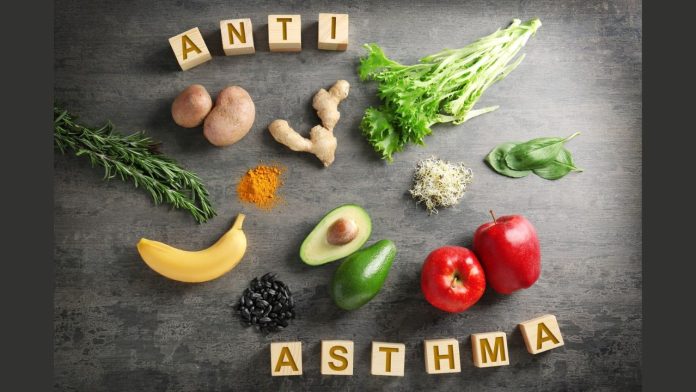As time goes on, the quality of the air in Delhi and the surrounding areas declines, leading to an increase in air pollution. It is not always possible to completely prevent the negative effects of air pollution, even though one can minimize exposure by limiting their time outside during peak pollution hours. Your lungs, brain, heart, and general health might suffer greatly from the toxic air, therefore it’s critical to take precautions against the negative impacts of pollutants and particle matter that can hurt your health. The World Health Organization has recognized air pollution as one of the biggest threats to environmental health, accounting for millions of deaths from heart attacks, lung cancer, and respiratory infections. It is possible to partially undo the harm caused by pollution with the correct food choices and a balanced diet rich in vitamins, omega-3 fatty acids, and antioxidants.
Food groups that must be consumed in order to counteract the negative effects of air pollution:
1. Vitamin A: Pumpkins, carrots, eggs, and milk
In order to mitigate the impacts of pollution, you should incorporate dietary supplies of carotenoids (such as orange and yellow fruits like carrots, mangoes, and pumpkins) and retinol (vitamin A), which is mostly found in animal sources including milk, liver, eggs, and fortified foods.
2. Vitamins C and E: Nuts, oranges, guavas, and soy
Low intake of vitamins C and E has been linked to a higher prevalence of asthma, according to observational and preclinical research. It is crucial that you include foods high in these vitamins in your diet. Vitamin C can be found in abundance in citrus fruits like oranges and guavas, and omega-3 fatty acids and vitamin E can be found in nuts, green leafy vegetables, and oils like soybean and mustard oils.
3. Eggs, fatty fish, sunshine, and vitamin D
Maintaining normal vitamin D levels is associated with improved asthma control in adults with asthma. Vitamin D plays a major role in the metabolism of calcium and phosphorus. However, a lot of individuals these days have low amounts of vitamin D inside, therefore maintaining adequate vitamin D levels need supplementation in order to properly control asthma.
4. Turmeric
Turmeric contains a phytochemical called curcumin, which has strong anti-inflammatory, anti-tumor, antifungal, and antioxidant effects. A diet rich in curcumin may help stave off cancer and pulmonary fibrosis. But be careful not to take too much—one teaspoon of turmeric should be plenty.
5. Black Pepper
In order to maximize curcumin’s bioavailability, make sure you also take it with black pepper, as the body cannot absorb curcumin well without it.

 हिंदी
हिंदी






